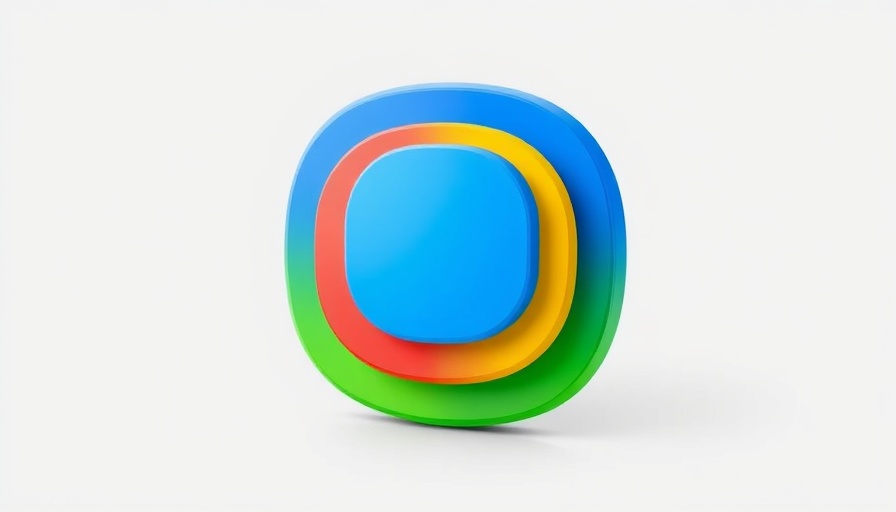
Your Guide to 2025's Top Accounting Software Programs
As 2025 unfolds, businesses are becoming increasingly reliant on specialized tools that not only streamline their financial processes but also enhance overall productivity. Accounting software has evolved significantly, providing users with advanced functionalities that go beyond traditional bookkeeping. This article explores the best accounting software programs available in 2025, highlighting their unique features, benefits, and who might benefit most from each.
Why Accounting Software Matters
In today’s fast-paced business environment, the ability to manage finances efficiently is vital. The best accounting software helps organizations track their income and expenses, generate financial reports, and ensure compliance with tax regulations. Beyond basic functions, modern software often integrates with other business applications, creating a seamless workflow that enhances the marketing process and enables businesses to control their schedules more effectively.
Top Accounting Software for the Modern Business
1. **QuickBooks Online** - A leader in cloud accounting, QuickBooks Online is perfect for small to medium-sized businesses. Its intuitive interface allows users to manage invoices, payroll, and reporting in one place. With powerful integrations and the ability to work part time, this tool enables business owners to maintain financial oversight without needing constant oversight.
2. **Xero** - Known for its user-friendly design and functionality, Xero is ideal for startups and growing businesses. Its robust API allows for integration with various third-party applications, making it easy to customize your accounting experience. Businesses that engage in targeted sales will appreciate Xero's reporting capabilities, giving them insights into customer behaviors.
3. **FreshBooks** - Geared toward service-based businesses, FreshBooks focuses on invoicing and expense tracking. It's particularly useful for freelancers and consultants who tend to work part time. The software provides a straightforward approach to managing clients’ accounts, making it ideal for self-employed professionals.
4. **Zoho Books** - This software stands out for its affordability and efficiency, especially for small businesses. Zoho Books offers advanced reporting features and allows users to automate their workflows, which can significantly reduce the time spent on accounting tasks.
5. **Wave Accounting** - An excellent choice for freelancers and small businesses, Wave is a free accounting software option that includes features such as invoicing, receipt scanning, and basic financial reporting. Its no-cost structure makes it exceptionally appealing for those just starting their businesses.
6. **Sage Business Cloud Accounting** - Combines powerful accounting features with robust business management tools. This software is suitable for medium to large-size companies looking to streamline their operations across departments. Sage's unique selling proposition lies in its integration capabilities, allowing businesses to effectively manage tasks from different departments.
Benefits of Utilizing Accounting Software
Investing in accounting software can reshape how a business operates. The right tool not only saves time but also minimizes human error and reinforces financial accuracy. Consider how these tools can transform manual accounting processes into automated systems, freeing your employees to focus on more strategic tasks.
Common Misconceptions About Accounting Software
Many believe that accounting software is only suitable for large businesses or those with complex accounting needs. However, as technology advances, even the smallest businesses can benefit significantly from these tools. With options available for any budget, businesses of all sizes can access high-quality financial management resources.
Future Predictions: The Evolution of Accounting Technologies
As we prepare for future advancements, AI and machine learning are set to revolutionize the accounting landscape. Expect to see increased automation, predictive analytics, and even more integrations that will enhance the functionality of existing accounting software. Businesses that adapt to these changes early will have a competitive advantage in managing their finances.
Actionable Insights to Maximize Your Investment
When selecting accounting software, assess your specific business needs and consider how each tool aligns with your financial goals. Taking the time to experiment with different platforms through free trials can provide insights into the most effective tool for your operations. Engage your team in the decision-making process to ensure buy-in and maximize usage.
Concluding Thoughts
As the landscape of accounting technology evolves, embracing the best software can transform your financial management process. By choosing the right tool, businesses can not only maintain intricate financial records but also support strategic growth through informed decision-making.
 Add Row
Add Row  Add
Add 




Write A Comment